Millions mark Arbaeen in Iraq's Karbala
One of the world's biggest religious festivals commemorated amid tight security
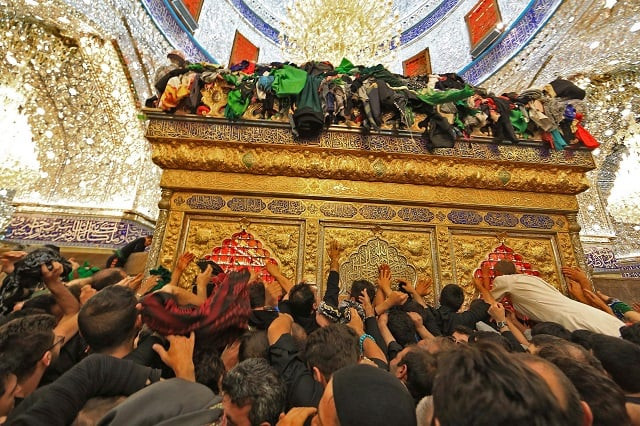
Shiite Muslim pilgrims gather at the shrine of saint al Abbas in the central Iraqi holy city of Karbala on October 30, 2018, during the Arbaeen religious festival which marks the 40th day after Ashura, commemorating the seventh century killing of the Prophet Mohammed (PBUH) grandson Imam Hussein. PHOTO: AFP
Arbaeen is one of the world's biggest religious festivals and marks the end of the 40-day mourning period for the seventh-century killing of Imam Hussein.
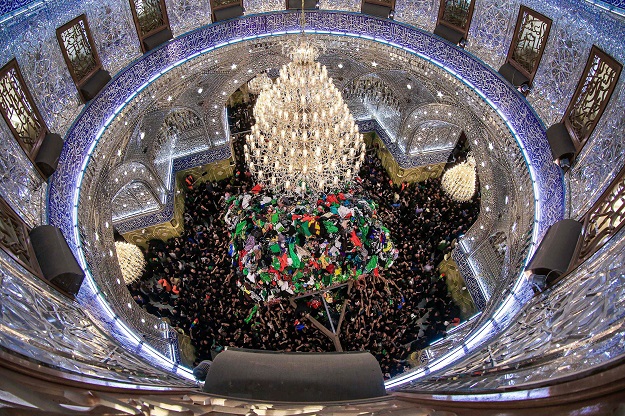 Shia pilgrims gather at the shrine of saint al-Abbas in the central Iraqi holy city of Karbala on October 30, 2018, during the Arbaeen religious festival. PHOTO: AFP
Shia pilgrims gather at the shrine of saint al-Abbas in the central Iraqi holy city of Karbala on October 30, 2018, during the Arbaeen religious festival. PHOTO: AFPDressed in black, pilgrims beat their heads and chests as they thronged the golden-domed mausoleum where the Prophet Mohammed (PBUH) grandson is buried.
Christians from many countries in addition to Sunni and Shia Muslims take part in Arba’een march.
— Press TV 🔻 (@PressTV) October 24, 2018
Don't miss ‘Truth lives on’ documentary on Press TV.#Arbaeen pic.twitter.com/ghwOxkrxwE
Iranians find joy in serving pilgrims on road to Karbala
The authorities estimated that more than 13 million worshippers had flocked to Karbala, 100 kilometres (60 miles) south of Baghdad, from across Iraq, Iran, Lebanon, Pakistan, Afghanistan, the Gulf states and even Europe and the US.
Some 1.8 million visas were handed out to worshippers from neighbouring Iran.
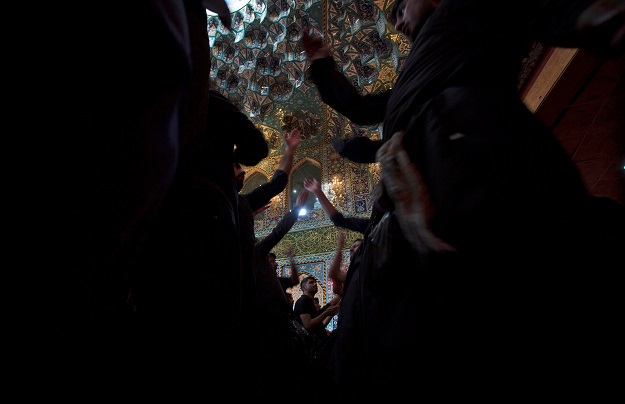 Shia Muslim pilgrims gather at the shrine of saint al-Abbas in the central Iraqi holy city of Karbala on October 30, 2018. PHOTO: AFP
Shia Muslim pilgrims gather at the shrine of saint al-Abbas in the central Iraqi holy city of Karbala on October 30, 2018. PHOTO: AFPKuwaiti Ahmed Hussein lauded his "brother Iraqis who have been so generous" to the pilgrims as they journeyed for hundreds of kilometres by foot to their destination.
As tradition dictates those living along the route offered free meals, cups of tea and even massages to the passing faithful.
Niman al Bachashi had come from Najaf, another Iraqi holy city, and insisted that he felt "no threat" despite fresh memories of the carnage that has rocked Iraq.
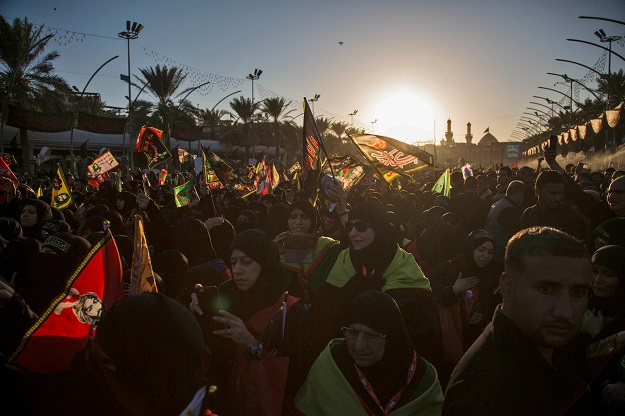 Shia Muslim pilgrims gather at the shrine of saint al-Abbas in the central Iraqi holy city of Karbala on October 30, 2018. PHOTO: AFP
Shia Muslim pilgrims gather at the shrine of saint al-Abbas in the central Iraqi holy city of Karbala on October 30, 2018. PHOTO: AFPBaghdad declared victory over the IS militants in December after a brutal fight to drive them from Iraqi towns and cities.
But the militants still roam areas along the border with Syria and maintain the capacity to launch deadly attacks.
To protect the Arbaeen commemoration 30,000 soldiers and police officers were deployed, as well as 22,000 fighters from the Hashed al Shaabi paramilitary forces, commanders said.
Security forces checked pilgrims and vehicles and guarded hundreds of kilometres of roads leading to Karbala.

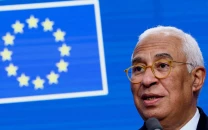
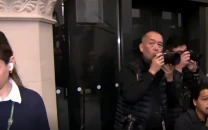


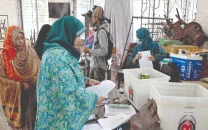













COMMENTS
Comments are moderated and generally will be posted if they are on-topic and not abusive.
For more information, please see our Comments FAQ